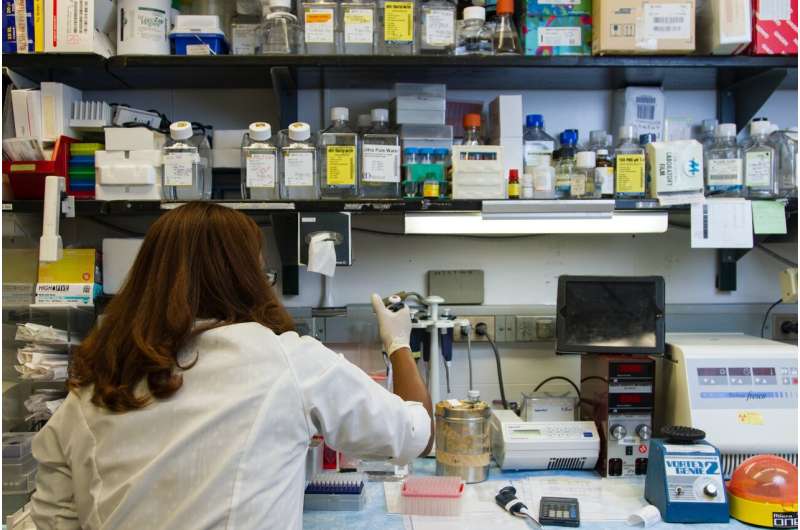Gut Bacteria Firmicutes Enhance Metabolism and Support Bone Health, New Research Shows

Recent research uncovers how gut bacteria, especially Firmicutes, play a vital role in boosting metabolism and maintaining bone health, opening new possibilities for osteoporosis prevention.
A comprehensive study involving 684 Chinese adults has revealed a noteworthy link between gut microbiota, aging, and skeletal integrity, especially concerning osteoporosis—a condition characterized by brittle bones and a heightened risk of fractures. Conducted by BGI Genomics' Institute of Intelligent Medical Research (IIMR) alongside partner organizations, the research was published in npj Metabolic Health and Disease and sheds light on how specific gut bacteria may influence bone mineral density (BMD).
The findings highlight the potential of microbiota-based strategies to prevent and treat osteoporosis by modulating the composition of gut bacteria. A key discovery was the differential impact of gut microbiota enterotypes on age-related BMD decline. Participants with a Bacteroides-rich microbiome (ETB) experienced a steeper decline in BMD with advancing age compared to those with a Prevotella-dominant microbiome (ETP), across both sexes. Additionally, older individuals with ETB showed a higher risk of reduced BMD, including osteopenia and osteoporosis.
Significant associations were identified between microbial metabolic pathways—particularly those involved in L-arginine biosynthesis and butyrate production—and higher BMD. L-arginine plays a crucial role in nitric oxide (NO) synthesis, which inhibits osteoclast activity responsible for bone resorption, thereby fostering bone preservation.
The study points to the beneficial role of Firmicutes bacteria, such as those from the Lachnospiraceae family, in maintaining bone density. These bacteria influence metabolism and inflammation, with metabolites like butyrate reducing chronic inflammation—a major contributor to bone deterioration. Butyrate also affects osteoclasts and osteoblasts, balancing bone resorption and formation, and modulates immune responses to support skeletal health.
While overall gut microbiota diversity did not differ significantly among individuals with osteoporosis, osteopenia, or normal bone density, the presence of specific bacteria correlated with higher BMD. Enhancing the growth of such beneficial bacteria or increasing the production of metabolites like L-arginine and butyrate could constitute promising strategies for preserving bone health, notably in aging populations.
Ultimately, the research underscores the potential for personalized treatment approaches based on gut microbiota profiles. By identifying individuals' enterotypes, tailored microbiome interventions could help prevent or slow down bone loss, offering new avenues for osteoporosis management and improved skeletal resilience with age.
Source: https://medicalxpress.com/news/2025-05-firmicutes-gut-bacteria-boost-metabolism.html
Stay Updated with Mia's Feed
Get the latest health & wellness insights delivered straight to your inbox.
Related Articles
Challenges Faced by Foreign Medical Residents in U.S. Hospitals Due to Visa Restrictions
International medical residents are crucial in bridging U.S. healthcare gaps, but visa restrictions are causing delays and staffing shortages in hospitals nationwide.
NIH Policy Changes Amplify Political Appointee Authority in Research Funding Decisions
Recent policy changes at NIH grant political appointees greater control over research funding decisions, raising concerns about politicization and impact on scientific integrity.
Rising Sleep-Related Infant Deaths: Expert Shares Tips for Safer Sleep Practices
An alarming increase in sleep-related infant deaths calls for improved safe sleep practices. Experts share essential tips to keep babies safer during sleep.
Decline in American Children's Health Over Nearly Two Decades Revealed by New Study
A new groundbreaking study reveals alarming trends in the declining health of American children, showing increases in obesity, chronic diseases, and mortality over the past 17 years. Urgent actions are needed to reverse these concerning patterns.



